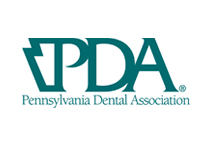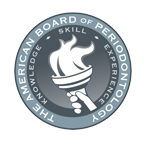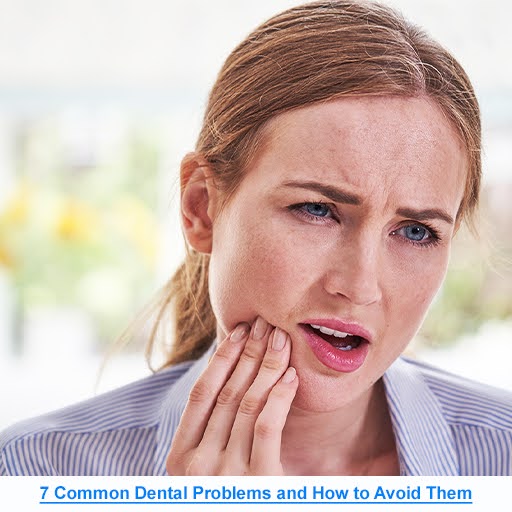
Introduction
Keeping your mouth healthy is important for your whole body. Dental problems are common and can affect anyone, but with the right knowledge and habits, many issues can be prevented. we’ll explore five common dental problems and provide practical tips on how to avoid them. By understanding these issues and taking proactive steps, you can keep your smile healthy and bright.
Summary
1. Tooth Decay: The Silent Destroyer
2. Gum Disease: The Hidden Threat
3. Tooth Sensitivity: The Unexpected Pain
4. Bad Breath: The Social Dilemma
5. Tooth Erosion: The Gradual Wear
6. Cracked or Broken Teeth: The Unexpected Emergency
7. Oral Cancer: The Silent Killer
1. Tooth Decay: The Silent Destroyer
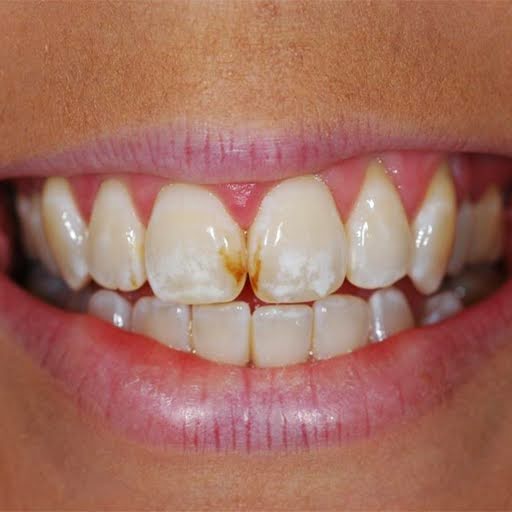
Cavities, also called tooth decay, are one of the most common dental problems in the world. It occurs when plaque, a sticky film of bacteria, forms on the teeth and produces acids that erode the enamel.
Tooth decay can result from poor oral hygiene, frequent snacking on sugary foods, and not visiting the dentist regularly. Early symptoms include tooth sensitivity, visible holes, and pain when eating or drinking. If left untreated, tooth decay can lead to more serious issues such as infection and tooth loss.
To avoid tooth decay, it’s crucial to brush your teeth at least twice a day with fluoride toothpaste, floss daily, and limit your intake of sugary snacks and drinks. Regular dental check-ups and cleanings are also essential to catch and treat cavities early.
2. Gum Disease: The Hidden Threat
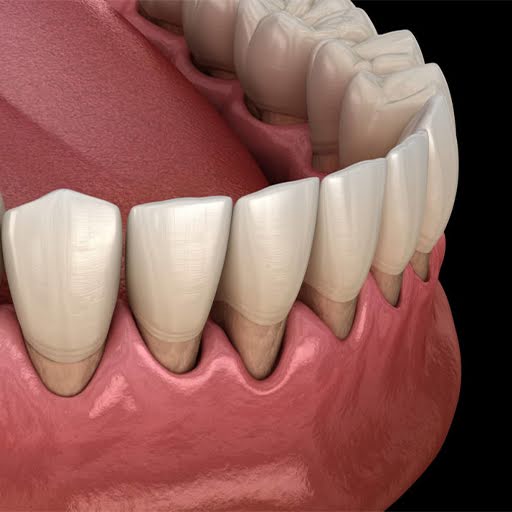
Gum disease, or periodontal disease, is a severe infection of the gums that can damage the soft tissue and destroy the bone that supports your teeth. It’s a leading cause of tooth loss in adults.
Gum disease is often painless, so many people are unaware they have it. Symptoms can include swollen, red, and bleeding gums, bad breath, and loose teeth. Risk factors include poor oral hygiene, smoking, diabetes, and certain medications.
To prevent gum disease, practice good oral hygiene by brushing and flossing daily. Use an antimicrobial mouthwash and avoid tobacco products. Regular dental visits are crucial for detecting early signs of gum disease and receiving appropriate treatment.
3. Tooth Sensitivity: The Unexpected Pain
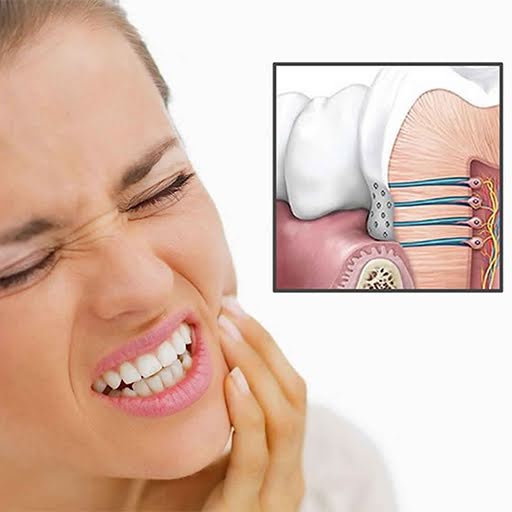
Tooth sensitivity occurs when the protective enamel wears down or when gums recede, exposing the underlying dentin. This can cause sharp pain when consuming hot, cold, sweet, or acidic foods and drinks.
Common causes of tooth sensitivity include brushing too hard, using abrasive toothpaste, grinding your teeth, and consuming acidic foods and beverages. Tooth decay and gum disease can also contribute to sensitivity.
To manage tooth sensitivity, use a soft-bristled toothbrush and toothpaste designed for sensitive teeth. Avoid acidic foods and drinks, and consider wearing a mouthguard if you grind your teeth. If the sensitivity continues, see your dentist for a check-up and treatment.
4. Bad Breath: The Social Dilemma
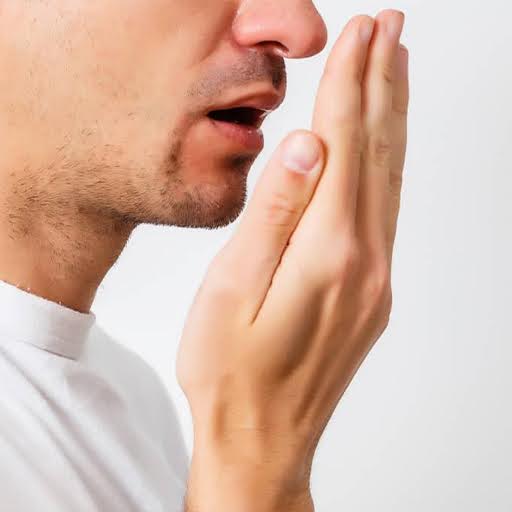
Bad breath, or halitosis, can be embarrassing and affect your social interactions. It’s often caused by poor oral hygiene, but it can also result from certain foods, smoking, dry mouth, or underlying health conditions.
Maintaining good oral hygiene is the best way to prevent bad breath. Brush your teeth and tongue twice a day, floss daily, and use mouthwash to kill bacteria. Stay hydrated to avoid dry mouth, and chew sugar-free gum to stimulate saliva production. If bad breath persists, visit your dentist to rule out any underlying dental or medical issues.
5. Tooth Erosion: The Gradual Wear
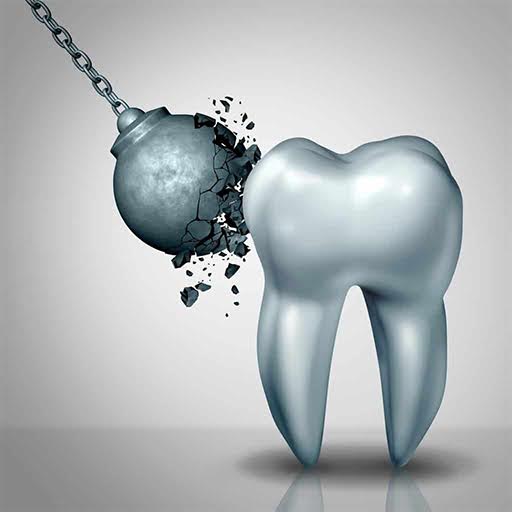
Tooth erosion is the loss of tooth enamel caused by acid attacks from acidic foods and drinks, stomach acid from reflux, or frequent vomiting. Unlike tooth decay, tooth erosion affects the entire tooth surface.
Symptoms of tooth erosion include increased sensitivity, discoloration, rounded teeth, and cracks. Over time, severe erosion can lead to significant tooth damage and even tooth loss.
To prevent tooth erosion, limit your consumption of acidic foods and drinks, rinse your mouth with water after consuming them, and wait at least 30 minutes before brushing your teeth. Using a straw can also help minimize contact with your teeth. If you suffer from acid reflux, seek medical advice to manage the condition.
6. Cracked or Broken Teeth: The Unexpected Emergency
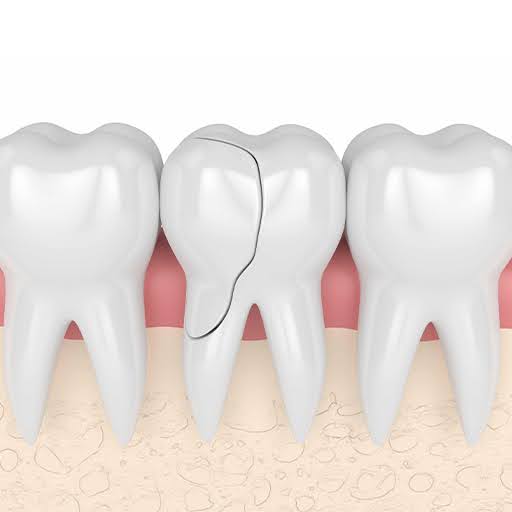
Cracked or broken teeth can result from injury, grinding your teeth, or biting down on something hard. This dental problem can cause pain, sensitivity, and difficulty chewing.
If you crack or break a tooth, rinse your mouth with warm water and use a cold pack to reduce swelling. Avoid chewing on that side and visit your dentist quickly. Treatment could involve bonding, crowns, or a root canal, depending on how bad the damage is.
To prevent cracked or broken teeth, avoid chewing on hard objects such as ice and popcorn kernels. Use a mouthguard when playing sports or if you grind your teeth while sleeping.
7. Oral Cancer: The Silent Killer
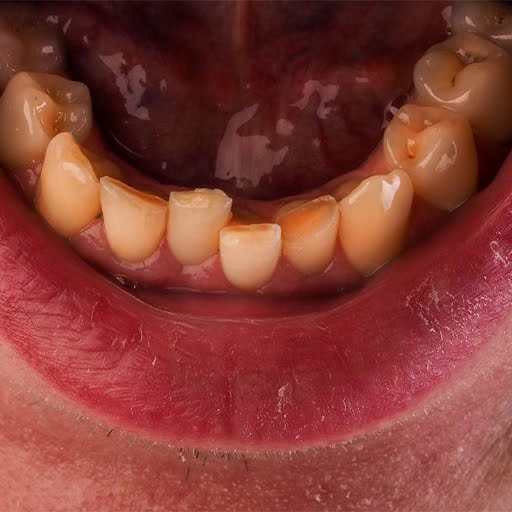
Mouth cancer can impact any area inside the mouth, such as the lips, tongue, cheeks, and throat. It’s often detected late because it may not cause noticeable symptoms in the early stages.
Risk factors for oral cancer include tobacco use, excessive alcohol consumption, HPV infection, and prolonged sun exposure. Symptoms can include sores that don’t heal, lumps, difficulty swallowing, and changes in your voice.
To reduce your risk of oral cancer, avoid tobacco and limit alcohol consumption. Use lip balm with SPF to protect your lips from the sun, and practice good oral hygiene. Regular dental check-ups are important to find problems early and get treatment quickly.
FAQs
Q.1. What are the most common dental problems?
A.1. The most common dental problems include tooth decay, gum disease, tooth sensitivity, bad breath, tooth erosion, cracked or broken teeth, and oral cancer.
Q.2. How can I prevent tooth decay?
A.2. Prevent tooth decay by brushing twice a day with fluoride toothpaste, flossing daily, limiting sugary snacks and drinks, and visiting your dentist regularly.
Q.3. What causes gum disease?
A.3. Gum disease is caused by plaque buildup, poor oral hygiene, smoking, diabetes, and certain medications.
Q.4. How can I manage tooth sensitivity?
A.4. Manage tooth sensitivity by using a soft-bristled toothbrush and toothpaste for sensitive teeth, avoiding acidic foods and drinks, and consulting your dentist if the problem persists.
Q.5. What are the signs of oral cancer?
A.5. Signs of oral cancer include sores that don’t heal, lumps, difficulty swallowing, and changes in your voice.
Conclusion
Understanding these common dental problems and how to prevent them can significantly improve your oral health. By maintaining good oral hygiene, visiting your dentist regularly, and making healthy lifestyle choices, you can keep your smile bright and avoid many dental issues. Remember, prevention is always better than cure when it comes to your teeth.
For personalized help or to book an appointment, reach out to our team at (267) 908-4867 or visit https://premierperiodonticspa.com/ on our website. Your smile matters most to us, and we’re dedicated to offering you the care and assistance you need for a pleasant dental visit. Count on us to prioritize your oral health and help you achieve a bright, healthy smile. We’re excited to work with you towards your dental wellness goals.




